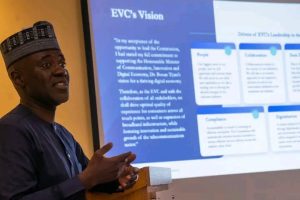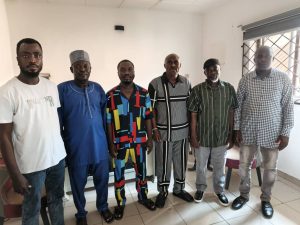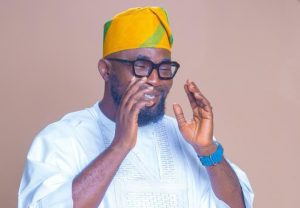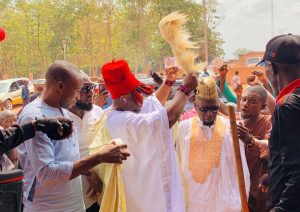RE: Misleading Narratives Aimed at Dividing Kogi State Along Ethnic Lines
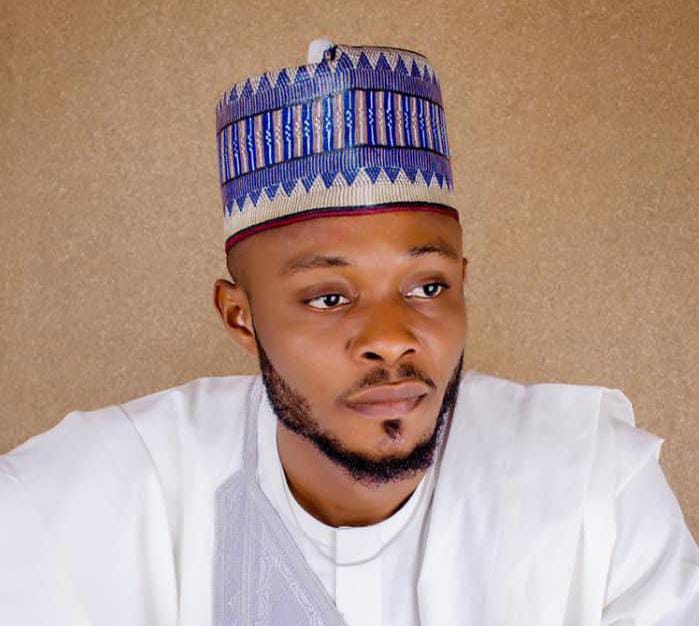
My attention has been drawn to a widely circulated message credited to one Comrade Adabara Abduljelil El-Okene, alleging deliberate political marginalization of the Ebira ethnic group by Yoruba leaders, particularly during the administrations of former President Olusegun Obasanjo and the current President Bola Ahmed Tinubu.
While every citizen reserves the right to express opinions in a democracy, it is dangerous and grossly irresponsible to distort historical facts in a way that promotes ethnic division, mistrust, and political instability especially in a complex and diverse state like Kogi.
Let’s Set the Records Straight
- Obasanjo’s Era Was Not About Ethnic Favoritism
Appointments made during President Obasanjo’s tenure were largely merit-based and inclusive. The inclusion of capable individuals like Prof. Eyitayo Lambo, Gen. David Jemibewon, and Barr. Bayo Ojo (all from Kogi West) did not amount to the exclusion of other regions. The truth is that many Ebira leaders at the time lacked the national political structure and alignment necessary to be positioned for such appointments not because they were sidelined. - Tinubu’s Government Has Not Sidelined the Ebira
The current administration of President Bola Ahmed Tinubu inherited and supported an APC structure that was largely built and dominated by Ebira interests during the Yahaya Bello years. It is worth noting that it was during President Buhari’s era supported by Asiwaju Tinubu that an Ebira man, Alhaji Yahaya Bello, became governor and served for two terms, a feat never before achieved by the Ebira nation.
To now claim that Tinubu “strongly backed Audu and Faleke” is a twisted historical revision. Audu’s candidacy in 2015 was a party decision, and unfortunately, he passed before the elections concluded. The choice of Faleke was based on the running mate structure, not ethnic bias.
- Appointments Reflect Broader National Interests
In every administration, appointments consider competence, loyalty, political alliances, and federal character. The current Minister of Steel Development is from Kogi East, not Kogi West, and the claim that the Ajaokuta Sole Administrator was “imposed” is simply not true. Such roles are often filled based on a mix of sectoral experience, security clearance, and federal considerations.
Instead of fanning ethnic embers, the Ebira political class should engage constructively and strategically, as they’ve done over the years.
- Internal Division, Not External Sabotage, Is the Real Threat
It is unfortunate that voices from within Ebira land are now being used to incite bitterness, portraying others as enemies. The truth is, the greatest threat to Ebira progress is not Yoruba leaders or Igala politicians it is internal disunity, selfish ambition, and a failure to build consensus among Ebira stakeholders.
The Way Forward Is Unity, Not Blame
We cannot build a prosperous Kogi State or secure national relevance by rewriting history to suit personal or group agendas. What we need now is inter-ethnic collaboration, constructive dialogue, and forward-thinking leadership that rises above narrow sentiments.
I call on well-meaning Ebira sons and daughters to disregard this divisive message. Let us focus on preparing credible leaders, building coalitions across ethnic lines, and supporting those who truly serve the collective interest of our people whether they come from Central, East, or West.
Let no one use our ethnic identity as a political weapon. Our diversity is our strength, not our weakness.
Signed,
Hon. Ananyi Shadrach Lamidi
Political Analyst.
+2348038459811
Date: 29 July 2025.


